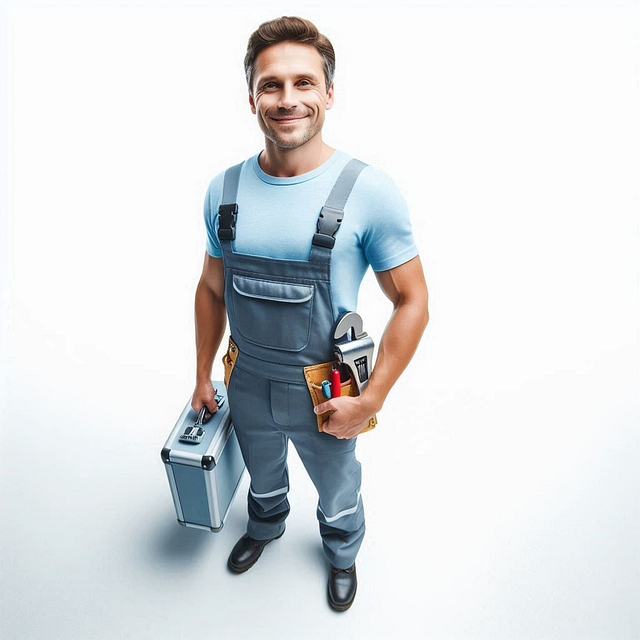Regular maintenance, including DIY tasks like cleaning drains and checking water heaters, and professional inspections by a qualified plumber, significantly reduces plumbing issues. These measures save money, prevent costly repairs, and ensure a reliable, efficient plumbing system. Following best practices for drain care and water heater maintenance, along with periodic professional assessments, keeps your home's plumbing safe, cost-effective, and up-to-date with modern standards.
“As homeowners, taking proactive steps to care for your plumbing system is essential. This comprehensive guide educates you on best practices to maintain a reliable and efficient plumbing system. From understanding common issues like leaks, clogs, and water heater troubles, to regular maintenance tasks and expert inspections, we empower you with knowledge. Learn the do’s and don’ts of drain cleaning, maximize your water heater’s lifespan, and stay ahead of necessary upgrades. For all your plumbing needs, remember – a well-maintained system means less calls to a plumber.”
- Understanding Common Plumbing Issues and How to Prevent Them
- Regular Maintenance Tasks for Your Home's Plumbing System
- The Do's and Don'ts of Drain Cleaning and Unclogging
- Water Heater Care: Maximizing Efficiency and Lifespan
- Importance of Professional Plumbing Inspections and Upgrades
Understanding Common Plumbing Issues and How to Prevent Them
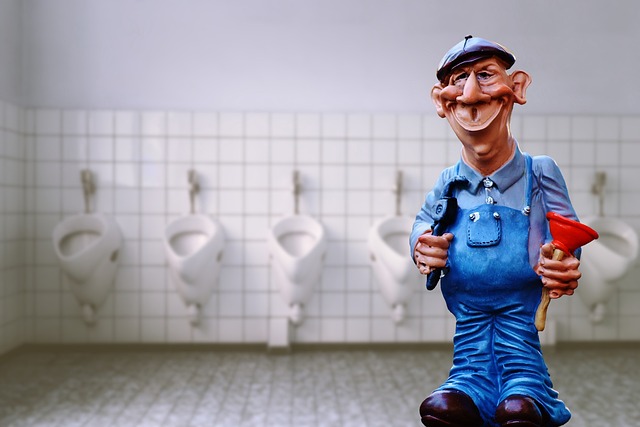
Many common plumbing issues can be prevented with proper care and regular maintenance. Homeowners should familiarize themselves with potential problems like clogs, leaks, and low water pressure. Regularly cleaning drain traps with hot water and vinegar, checking for leaks around fixtures and pipes, and maintaining water pressure by flushing hot water heaters are simple yet effective preventive measures.
A proactive approach involves scheduling professional inspections annually. A qualified plumber can identify potential issues before they turn into costly repairs. By understanding the common plumbing problems specific to your home and taking preventative actions, you can reduce the likelihood of unexpected breakdowns and save money in the long run, ensuring a reliable plumbing system with minimal disruptions.
Regular Maintenance Tasks for Your Home's Plumbing System
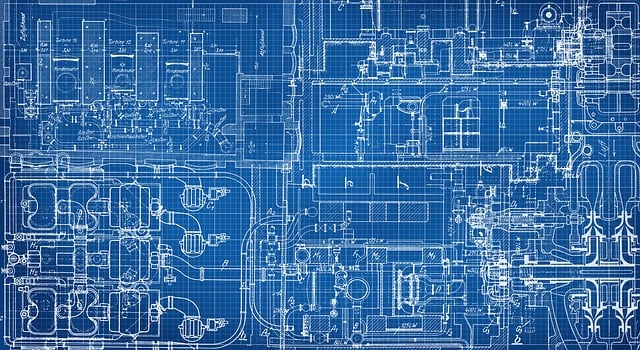
Regular maintenance is key to keeping your home’s plumbing system running smoothly and efficiently. As a homeowner, there are several tasks you can perform yourself to prevent costly repairs and ensure optimal performance. Start by inspecting pipes for any signs of damage, leaks, or corrosion, especially in areas prone to freezing temperatures. Regularly check valves and fixtures for proper sealing and functioning, replacing worn-out parts as needed.
Don’t forget to clean drains and sewers at least once a year to prevent buildup and clogs. This can be done using natural remedies like baking soda and vinegar or by hiring a professional plumber who has the tools to tackle deeper issues. Additionally, flushing your water heater regularly helps remove sediment buildup, improving efficiency and extending its lifespan. These simple, routine checks and cleans can go a long way in maintaining a healthy plumbing system.
The Do's and Don'ts of Drain Cleaning and Unclogging
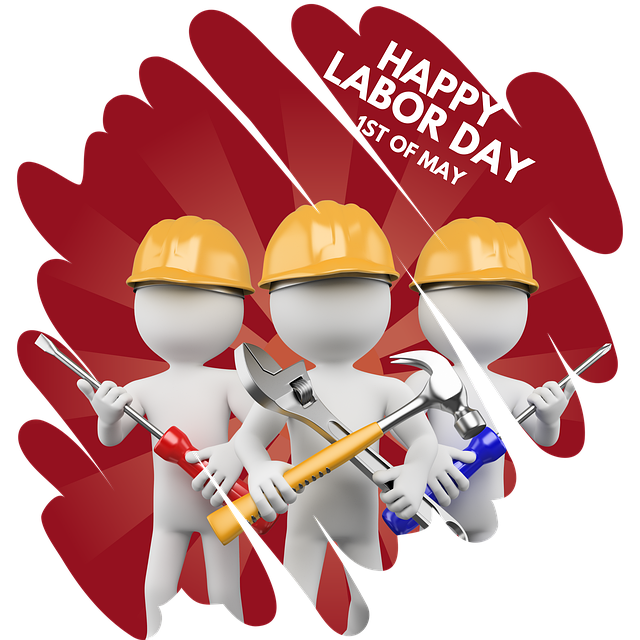
The Do’s and Don’ts of Drain Cleaning and Unclogging
When it comes to drain cleaning and unclogging, homeowners should know what practices to follow and avoid. Plumbers recommend regularly maintaining your drains to prevent clogs and costly repairs. Do invest in a set of plungers for different drain sizes—they’re affordable and effective for removing minor blockages. Also, use hot water and baking soda mixtures or vinegar and baking soda combinations to naturally clean pipes. Regularly disposing of grease, coffee grounds, and food scraps into the sink instead of washing them down can prevent significant clogs.
On the contrary, avoid using chemical drain cleaners excessively as they can damage pipes over time. Never pour hot water directly onto cooking oil or fat as it solidifies and attaches to pipe surfaces. Don’t insert foreign objects like coins, toys, or feminine hygiene products into drains, as these are common causes of clogs. Refrain from flushing non-biodegradable items down the toilet, such as wipes, pads, or paper towels, which can accumulate and cause severe blockages. Remember, preventive care is key; schedule regular drain cleaning by a plumber to ensure optimal drainage system health.
Water Heater Care: Maximizing Efficiency and Lifespan
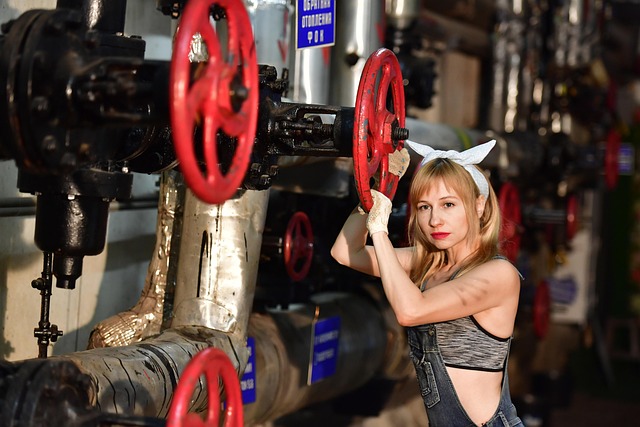
Water heaters are a significant component of any home’s plumbing system, and proper care can significantly maximize their efficiency and lifespan. Regular maintenance is key; homeowners should schedule periodic inspections to ensure these appliances operate optimally. A plumber can help identify potential issues, such as sediment buildup or faulty thermostats, which may go unnoticed but impact performance.
Simple yet effective steps include flushing the tank annually to remove mineral deposits and ensuring proper insulation to prevent heat loss. Using energy-efficient models and adjusting temperature settings can also reduce energy consumption. By implementing these best practices, homeowners not only contribute to their water heater’s longevity but also enjoy the benefits of lower utility bills.
Importance of Professional Plumbing Inspections and Upgrades
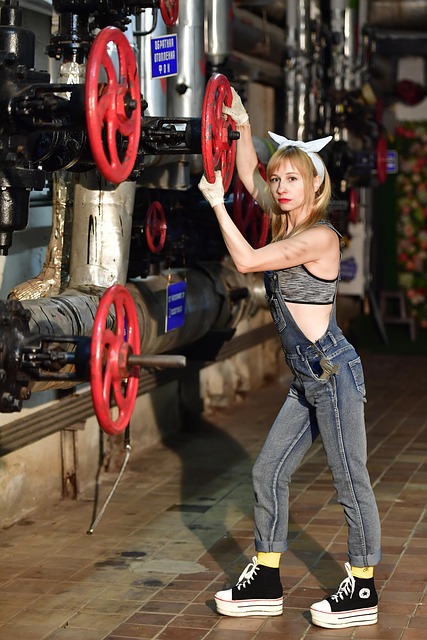
Professional plumbing inspections and upgrades are essential components of maintaining a well-functioning and safe home. While many homeowners might opt for DIY solutions, there’s no substituting for the expertise and experience of a qualified plumber. Regular, professional assessments can identify potential issues before they become costly or even hazardous problems. Plumbers have the tools and knowledge to inspect pipes, fixtures, and appliances for signs of damage, corrosion, or inefficiencies, ensuring your plumbing system operates at its best.
Moreover, staying ahead of maintenance through timely upgrades can save homeowners money in the long run. Modern plumbing technologies offer enhanced efficiency, reduced water consumption, and improved durability. By working with a professional plumber, you can upgrade your home’s plumbing to meet contemporary standards, potentially reducing utility bills and minimizing the risk of unexpected breakdowns.
By implementing these best practices for plumbing care, homeowners can significantly reduce common issues, extend the lifespan of their systems, and potentially avoid costly repairs. Regular maintenance, proactive drain cleaning, proper water heater care, and periodic professional inspections are key components in keeping your home’s plumbing system running smoothly. Remember, a well-maintained plumbing system not only saves money but also ensures a more comfortable living environment. Consider these tips as your guide to efficient plumbing care and, when needed, don’t hesitate to consult a qualified plumber for expert assistance.
